I’m cynic when it comes to slogans and tag lines. I basically agree with Ivan Levinson, who wrote that at best tag lines are “like a Japanese haiku – a highly concentrated form of expression that attempts to communicate an essence, a distilled truth loaded with meaning and significance. At its worst, it’s puffed-up, self-congratulatory nonsense.”
So when AAM staff tackled creating a tag line for CFM, I was initially resistant and discouraged. The candidates alternated between wordy and stiff (“Helping museums transcend traditional boundaries to serve society in new ways”), funny but unsuitable (whoops, I can’t print that one), overly corporate (“Foresight. Insight. Action.”) and unoriginal (“The best way to predict the future is to create it.” Which I love, but it’s a direct steal from Paul Saffo.)
In the end, to my surprise, we came up with a line that I am enthusiastic about, something I can use with pride and conviction: “Because museums can change the world…” It’s not about CFM, it’s about museums, and why CFM supports their work. It makes it clear that we are all working together as part of an enterprise that is big and important. And it is something I passionately believe. In that spirit, I’ll periodically be using the CFM Blog to profile museums whose work exemplifies this aspiration. This week we kick off with the Jane Addams Hull-House Museum, part of the University of Illinois at Chicago.
Hull-House was originally a settlement house in the Near West Side of Chicago co-founded in 1889 by Jane Addams and Ellen Gates Starr. Addams was a pioneer in the field of social work, as well as an out-spoken pacifist and advocate for immigrant rights. Until recently, Hull-House was preserved and interpreted as a fairly traditional “look at the original china” historic house. As you will see from the following essay based on an interview with executive director Lisa Yun Lee, Hull-House is maturing into an organization much more in tune with Addams activist roots.
Skip over related stories to continue reading article*****
How cool is this: Sam Kass, White House Assistant Chef and Food Initiative Coordinator to First Lady Michelle Obama used to be executive chef at the Jane Addams-Hull House Museum. And that is not as big a leap as you may imagine.
In 2008, the museum’s director, Lisa Yun Lee, was reading Alice Water’s call to museums to promote healthy, locally grown food and dreaming of opening up the house’s kitchen. The house also has a historic dining hall that was being used more as an artifact in the standard tour than as a working space. At the time, Hull-House staff were pushing their thinking about programming. They wanted to go beyond the “standard” historic house tours and bridge the gap between the social justice theories embodied in their mission and action.
Cue the intersection with Sam Kass. Kass graduated from the University of Chicago before studying in the kitchen of Mörwald im Ambassador in Vienna, and coming back to work for the Chicago restaurants Avec and Blackbird. He had been thinking about food access and social justice, grappling with where to do this work. It wasn’t an offbeat or isolated issue—there are lots of nonprofits in Chicago trying to tackle the challenges of feeding the urban population in a healthy sustainable way. It’s a pressing issue not just in Chicago, but nationally, given the trends of rising childhood obesity (and the linked rise in diabetes), growing disparities in wealth, increasing costs of transporting food long distances and concerns about the effect of our food production system on energy conservation and global warming.
Lisa talked with Sam and together with museum staff, they realized the kind of work he wanted to do could be done in a museum and could link to the exploration of history. Together they dreamed up “Re-thinking Soup”—a soup kitchen-cum-intellectual laboratory that serves as a democratic gathering space to explore pressing issues related to food. People were invited to gather on at lunchtime on Tuesdays to “eat delicious, healthy, soup and have fresh, organic conversation about many of the urgent social, cultural, economic and environmental food issues that we should be addressing.” Issues like climate change, conservation, urban gardening and the link between home canning and social equality. Hull-House attracts a diverse audience from school kids to Japanese tourists to academics. Lunch time conversations proved to be an excellent forum for inviting their participation in exploring the museum’s themes. “Some of best advocates for our work is bike messengers and taxi drivers” Lisa notes. “They love to stop and talk about the issues. Taxi drivers think about these things all day, listen to the radio, but have no place to discuss them!”
Lisa gets a little stressed, occasionally, when people say activities like Re-thinking Soup are not strictly in Hull-House’s mission. She feels it’s important in these days and times to be relevant, not just to calcify history and present the past. To her, its all part of finding creative and innovative ways to make history speak to the next generation. There actually was huge debate among the museum staff about whether Re-thinking Soup was a soup kitchen (with a focus on providing free food to the needy) or not. Jane Adams never wanted Hull-House to be a direct service organization—she wanted everyone to contribute capital to create social change. “Yes the “Re-thinking Soup” series feeds people,” says Lisa, “but what it is really trying to do is take on critical issues and create conversation; to use Hull-House’s space in a way resonant with its history and mission.”
“We want to avoid addressing our visitors only as consumers. We think of them as instead as global citizens, contributing their intellectual and social capital. We invite people to give their ideas and time to think about creating the common good.”
Hull-House continues to address the issue of healthy, affordable food through Re-thinking Soup, and has created the Hull-House Urban Farm to “support collective efforts of people to sustain ourselves and one another, while addressing and educating about the food and land issues of our day.” And with a direct line to the White House, who knows how far that influence may extend?



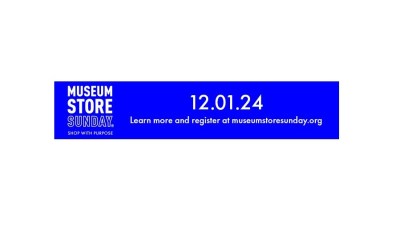
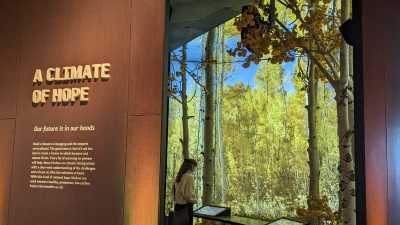

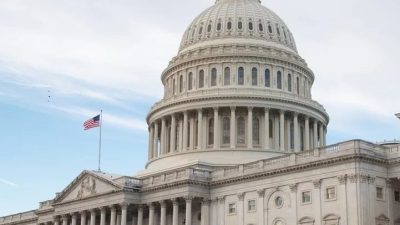
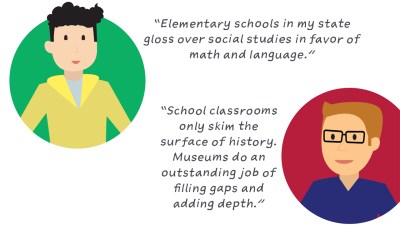
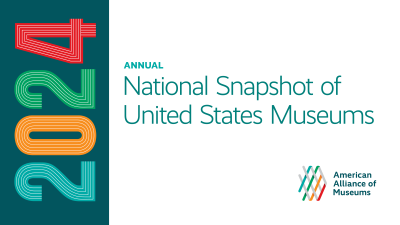
Fantastic post and what sounds like a really amazing, community-relevant program. Thanks for sharing.